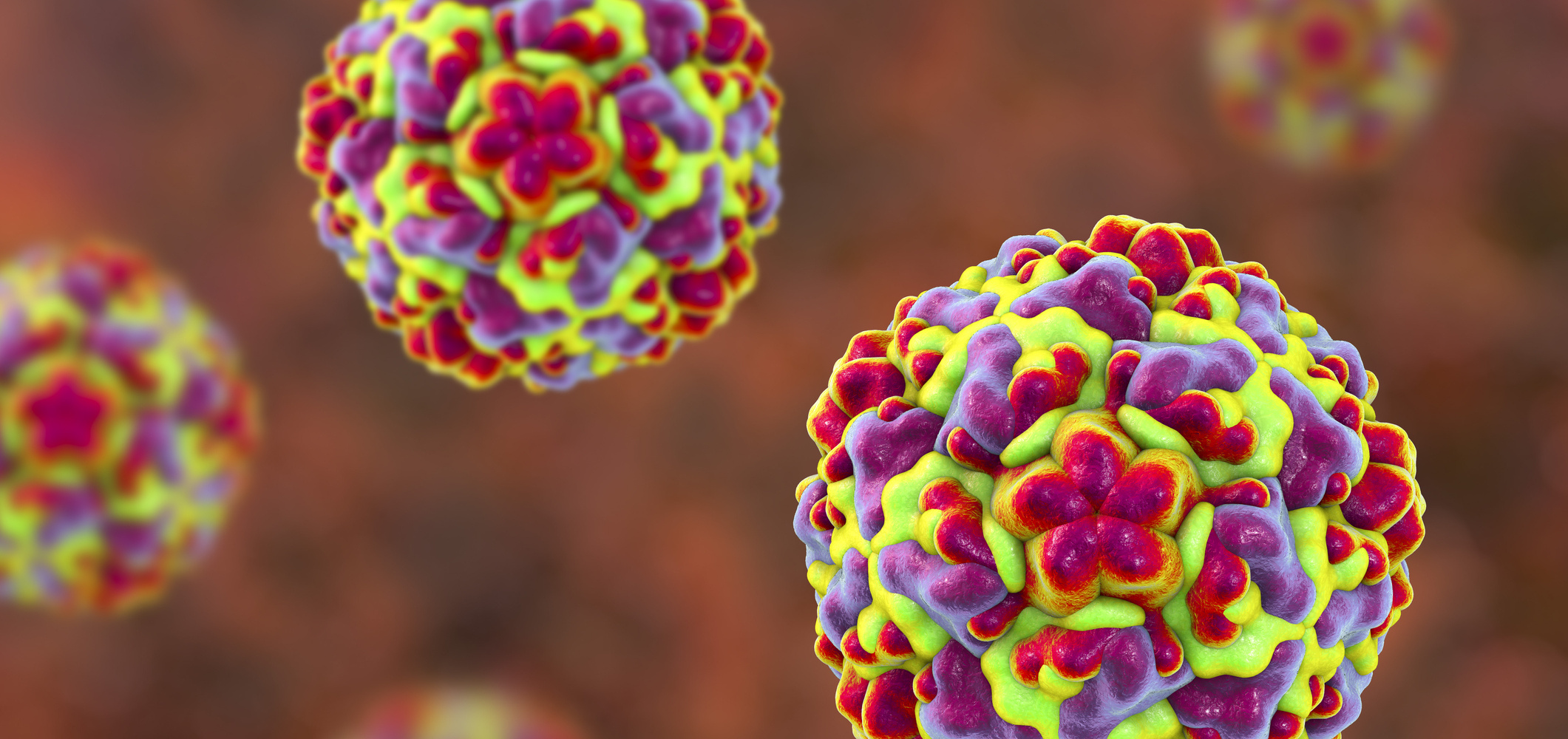Cyclosporin A and respiratory viruses

SUMMARY
Cyclosporin A (CsA), an immunosuppressive drug used in transplant recipients, inhibits graft rejection by binding to cyclophilins and competitively inhibiting calcineurin. While concerns about respiratory infections in immunosuppressed patients exist, contradictory data emerged during the COVID-19 pandemic, prompting investigations into CsA's impact on viral infections. This study explores CsA's antiviral effects on SARS-CoV-2 Omicron BA.1, Delta variants, and human parainfluenza virus 3 (HPIV3) using an ex vivo model of human airway epithelium (HAE). CsA exhibited a dose-dependent antiviral effect against the SARS-CoV-2 Delta variant, reducing viral load over 10 days. However, no significant impact was observed against SARS-CoV-2 Omicron or HPIV3, indicating a virus-specific effect. At high concentrations, CsA was associated with an increase of IL-8 and a decrease of IFNλ expression in infected and noninfected HAE. This study highlights the complexity of CsA's antiviral mechanisms, more likely involving intricate inflammatory pathways and interactions with specific viral proteins. The research provides novel insights into CsA's effects on respiratory viruses, emphasizing the need for understanding drug–virus interactions in optimizing therapeutic approaches for transplant recipients and advancing knowledge on immunosuppressive treatments' implications on respiratory viral infections. Limitations include the model's inability to assess T lymphocyte activation, suggesting the necessity for further comprehensive studies to decipher the intricate dynamics of immunosuppressive treatments on respiratory viral infections.
Full article: https://doi.org/10.1002/prp2.1242
WHY IS IT IMPORTANT?
Since the start of the COVID-19 pandemic, concerns have emerged about the potential risks of immunosuppressive drugs. This is a common dilemma for lung specialists treating patients who are on these medications and contract respiratory viral infections. There's still no clear answer on whether these treatments should be continued, reduced, or paused to prevent worsening the infection. Expert opinions often differ. However, using a lab model of human airway tissue, the authors found that Cyclosporin A, at doses typically used for transplant patients, neither increased nor decreased the replication of SARS-CoV-2 or HPIV3. This suggests that stopping Cyclosporin A may not be necessary in such infections to avoid the risk of graft rejection, though further studies are needed to confirm this in real patients.
30 Sept 2024